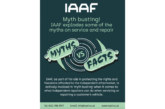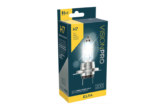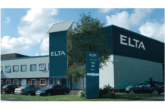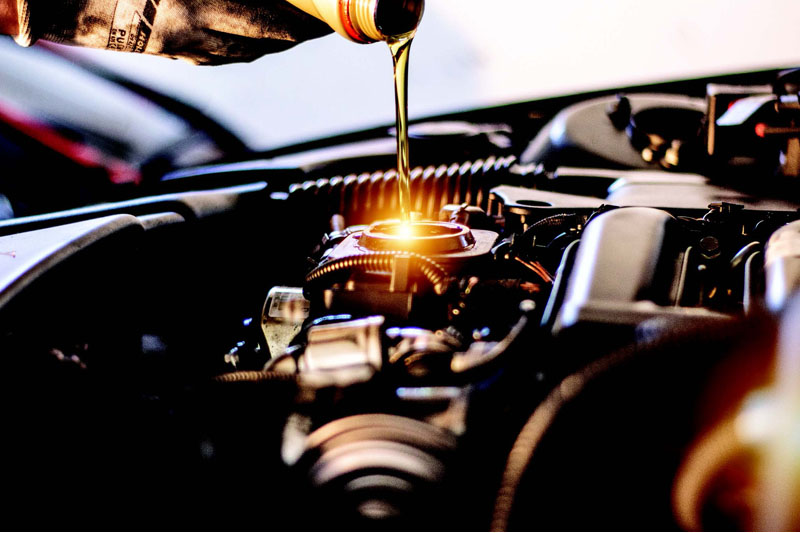
Modern engines need the correct lubricants to ensure that their engines are kept in optimal condition, but should we take the same care over lubricants for older vehicles? PMF spoke to Andrew Goddard, Chairman of the Verification of Lubricant Specifications (VLS), to find out.
Engine technology has evolved rapidly over the past few decades. Catering to government requirements for reduced emissions, and consumer needs for economy and performance, engines are running at higher temperatures, under instances of higher pressures. Engine sizes are reducing, yet are delivering higher output ratios, and smaller sumps. This has led to intricate engine technology and the need for thinner, less viscous, synthetic lubricants to provide sufficient lubrication in these challenging conditions. However, according to the latest ACEA data, the average age of vehicles on the UK roads remains over 8 years old.
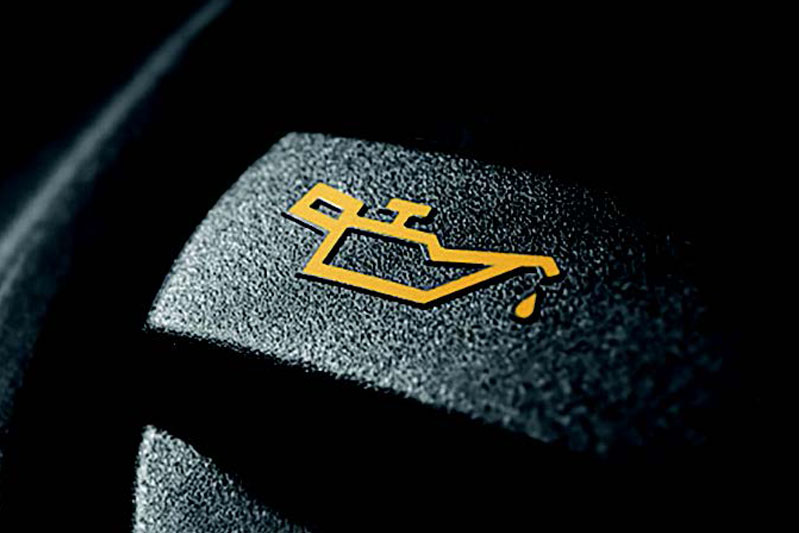
Many newer vehicles will be serviced at main dealers under warranty, therefore, most aftermarket workshops are likely to be servicing vehicles with quite different requirements. Do these older cars somehow need less protection for their engines than newer vehicles? Once a vehicle is out of warranty, motorists have more flexibility over the products they use, but that doesn’t mean that any oil will do. Older cars, by their very nature, are likely to have higher mileage than newer vehicles. They may be worn in, and some service parts may have been changed over the course of their life. As cars age, they need more care and attention, rather than less.
Check the vehicle handbook
When it comes to selecting the right oil, technicians should carefully follow the recommendations made by the vehicle manufacturer in terms of the technical specification of the oil used, as well as the oil change intervals. This ensures that the lubricant is fit for purpose in that particular vehicle. Using anything less risks significantly damaging the vehicle.

Cutting corners over the type and quality of lubricant risks accelerated wear to gears and bearings in a vehicle, which can accumulate higher maintenance costs in the future. Left unchecked, it could lead to eventual engine failure; this happens if the wrong level of SAPS (Sulphated ash, Phosphorous and Sulphur), for example, is used in connection with an exhaust after treatment device.
Stocking the right range
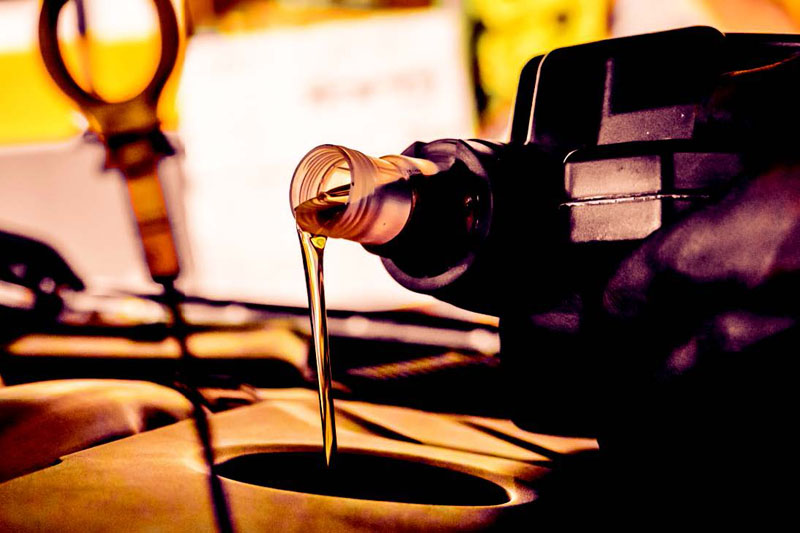
As a means of catering for a variety of ages and types of vehicle, motor factors need to ensure that they are stocking the widest possible range of lubricants. Though space is at a premium, a ‘one size fits all’ approach with oils that are labelled as capable of meeting an increasing number of OEM and ACEA specifications could put a workshop’s reputation at risk. VLS is an independent organisation that provides a credible and trusted means of verifying lubricant specifications. The company welcomes new members from across the lubricants industry, including manufacturers, marketers, distributors, and end-users, such as garage workshops and related industry trade associations.


